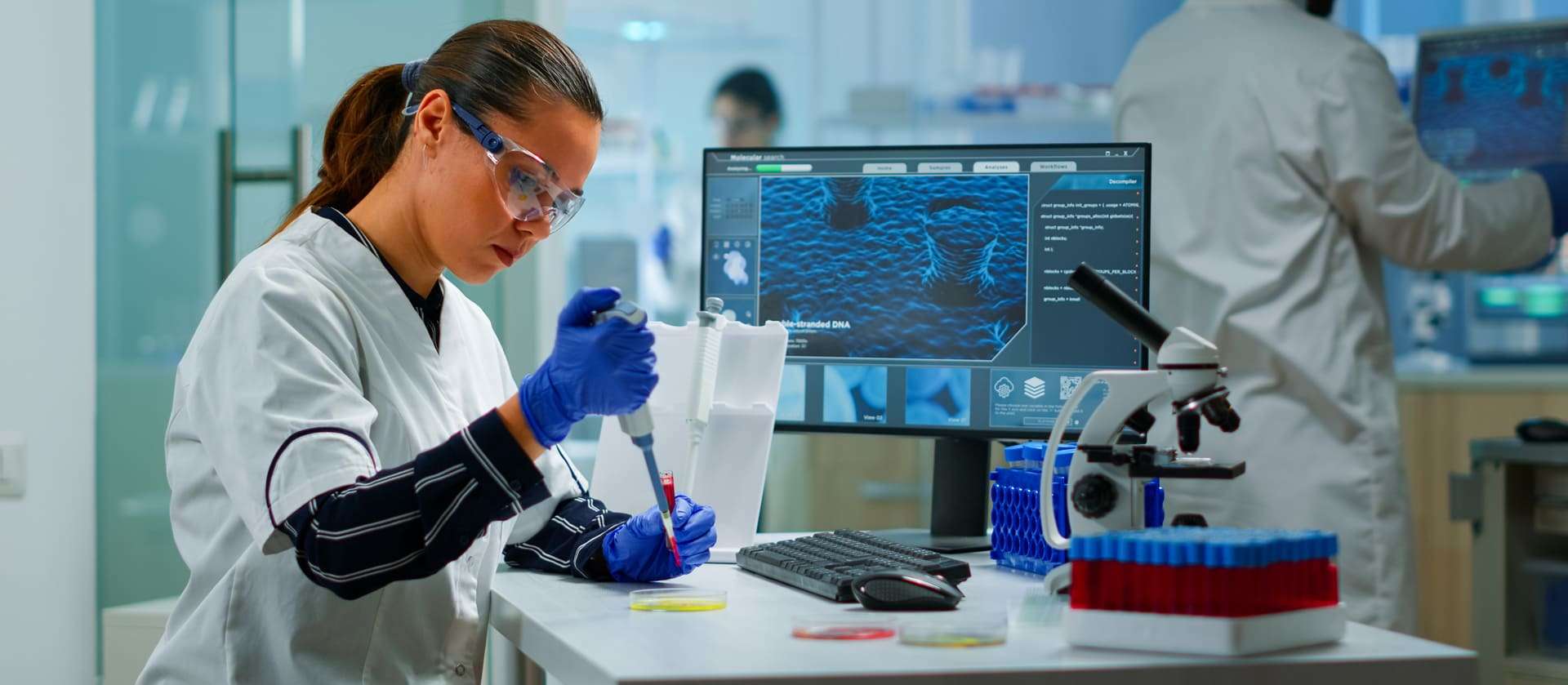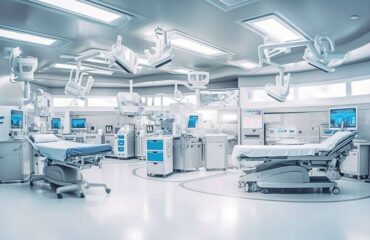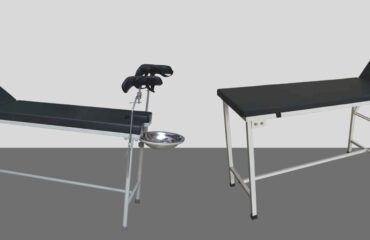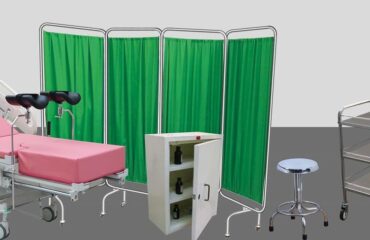Laboratory products and scientific advancements play a crucial role in healthcare across various aspects:
Diagnostics:
Laboratory products such as reagents, instruments, and testing kits are essential for diagnosing diseases and conditions accurately. From simple blood tests to complex genetic analyses, laboratories provide invaluable information that guides medical decisions.

Disease Monitoring and Surveillance:
Laboratories are vital for monitoring the prevalence of diseases and tracking outbreaks. Through testing and analysis of samples, scientists can identify patterns, detect emerging threats, and implement appropriate public health measures.
Treatment Monitoring:
Laboratory tests help healthcare providers monitor the progress of treatments and adjust them as needed. For instance, blood tests can assess the effectiveness and safety of medications or evaluate the progression of a disease.
Research and Development:
Laboratories are hubs for scientific research and innovation in healthcare. They contribute to the development of new drugs, therapies, and medical devices, as well as the understanding of disease mechanisms and human biology.
Quality Control:
Laboratories ensure the quality and safety of healthcare products and services. They conduct tests to assess the purity, potency, and efficacy of pharmaceuticals, medical devices, and healthcare facilities.
Genomic Medicine:
Advances in laboratory technologies, particularly in genomics, have revolutionized healthcare. Genetic testing enables personalized medicine by identifying individuals’ genetic predispositions to diseases and guiding treatment decisions based on their unique genetic makeup.


